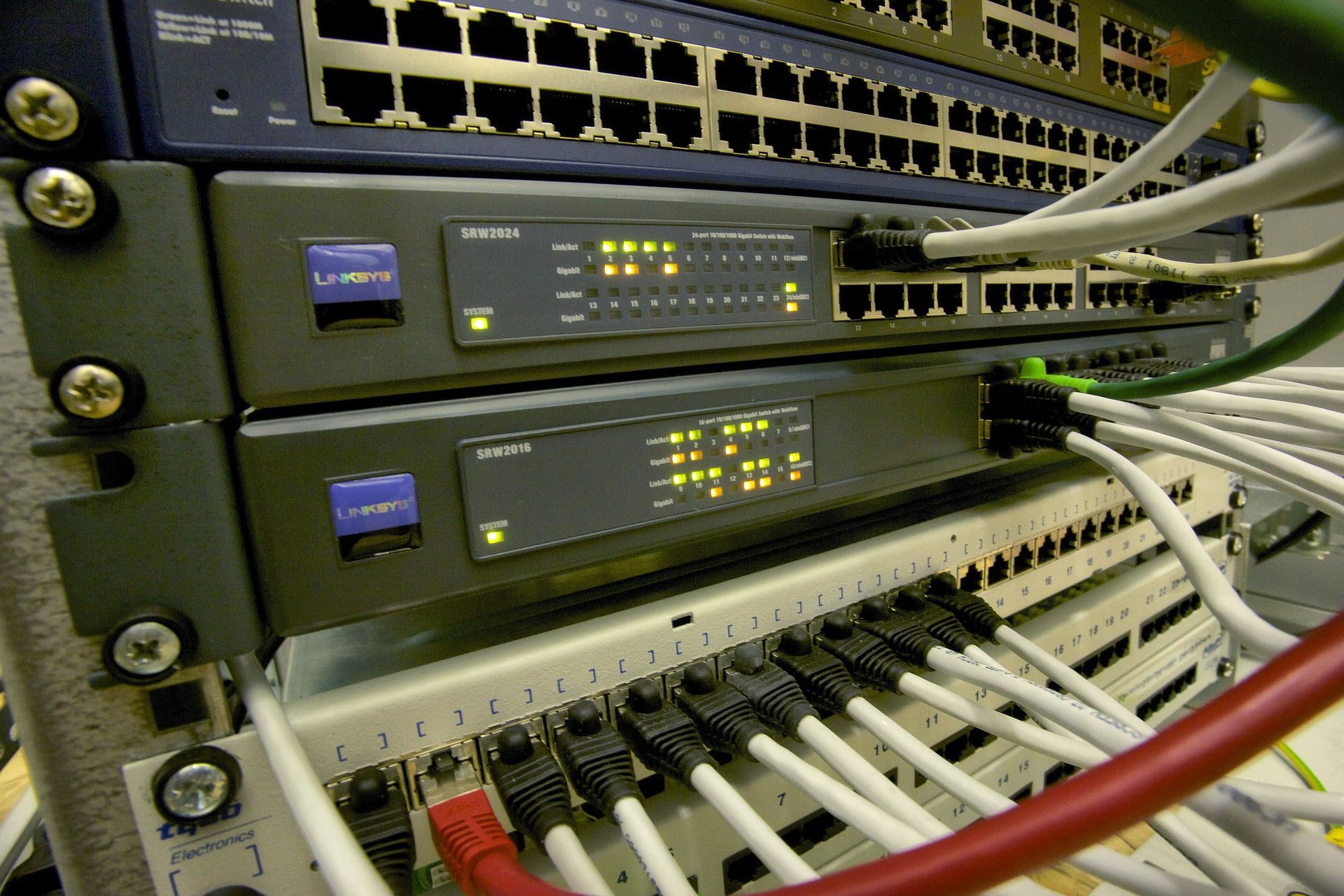What is the National Security Agency (NSA)?
The NSA is a powerful tool when used responsibly, but it’s far too easy to misuse. The agency has the power to spy on anyone, at any time. It’s also been known to abuse this power by spying on innocent people, including journalists and human rights activists. The NSA isn’t just dangerous because of its ability to monitor your communications it’s dangerous because of how much information it stores about you. The agency stores all sorts of personal information on millions of Americans, including their social security numbers, bank statements and medical records.

The NSA also has access to data that can help them identify potential terrorists or criminals before they act. They’re able to use this information for “upstream collection” looking at all the internet traffic flowing through your computer or phone instead of only collecting data from specific individuals or groups. This makes it easier for them to identify suspicious behavior before it happens. But there are limits on what the NSA can do with this data they can only use it if they have reasonable suspicion that someone is doing something wrong (or terrorist-related). If they don’t have reasonable suspicion then they can’t collect any information about you unless you’re specifically targeted for surveillance (by having a warrant issued for your arrest).
History of the NSA:
The National Security Agency, also known as the NSA, is a U.S. government agency responsible for gathering and analyzing communications data for foreign intelligence and counterintelligence purposes. The agency was established in 1952 as Naval Security Group (NSG) with the mission of cryptology. NSA came into its own following World War II. The agency’s expertise was initially directed at breaking Nazi Germany’s Enigma codes and reading Japanese diplomatic traffic decrypts during World War II. As the Cold War developed, the NSA began to focus on eavesdropping on Warsaw Pact countries as well as China and Russia.
In addition to breaking Soviet codes, the NSA also monitored information flowing between East and West Berlin through microwave links using equipment located in West Germany and provided by West Germany itself. The NSA’s headquarters are located at Fort Meade, Maryland near Baltimore; it has major operations out of Menwith Hill Station in Yorkshire, England; Fort Gordon, Georgia; and San Antonio, Texas. The National Security Agency is not part of any military service branch but is an independent agency under the U.S Department of Defense that collects signals intelligence to protect national security interests of the United States against foreign intelligence threats
Modern-day concerns of the NSA:
The NSA has been around a long time. But its role in the world is changing. The agency has become more of a cyber-security agency, and less of a spy agency. The NSA has become more of a cyber security agency, and less of a spy agency. It’s doing this because it needs to defend itself against foreign cyber attacks and to protect U.S. government networks from hackers who are based overseas. The NSA also has an interest in protecting the free flow of information on the Internet by stopping hackers from attacking U.S. companies or individuals who are online. But these days, the NSA is also concerned about other things besides cyber attacks: terrorism and counterterrorism, for example, as well as espionage against foreign governments or organizations (including corporations).
The War on Terrorism And the NSA:
The war on terrorism is a global effort to eliminate terrorist threats to our way of life. The NSA is a vital part of this effort, supporting our military and intelligence operations around the world by improving our ability to detect and track terrorists. This mission requires both human and technical collection against a wide range of targets. The NSA has several dozen offices in countries around the world, where it collects signals intelligence for authorized military or counterterrorist purposes.
In addition to its headquarters in Fort Meade, Maryland, the NSA has satellite facilities in Hawaii, Georgia and Utah that support its mission. Most of these sites are operated by contract employees who work at the direction of their employers’ commanders or defense attachés as do most intelligence personnel around the world but there are some exceptions. For example, during times of crisis such as war one can find people with no official connection to the agency who are acting on their own initiative to help defend America.*
Final Verdict: It’s important to keep an eye on our government, because it can grow to be very powerful.
Bună ziua am nevoie de ajutorul vostru!